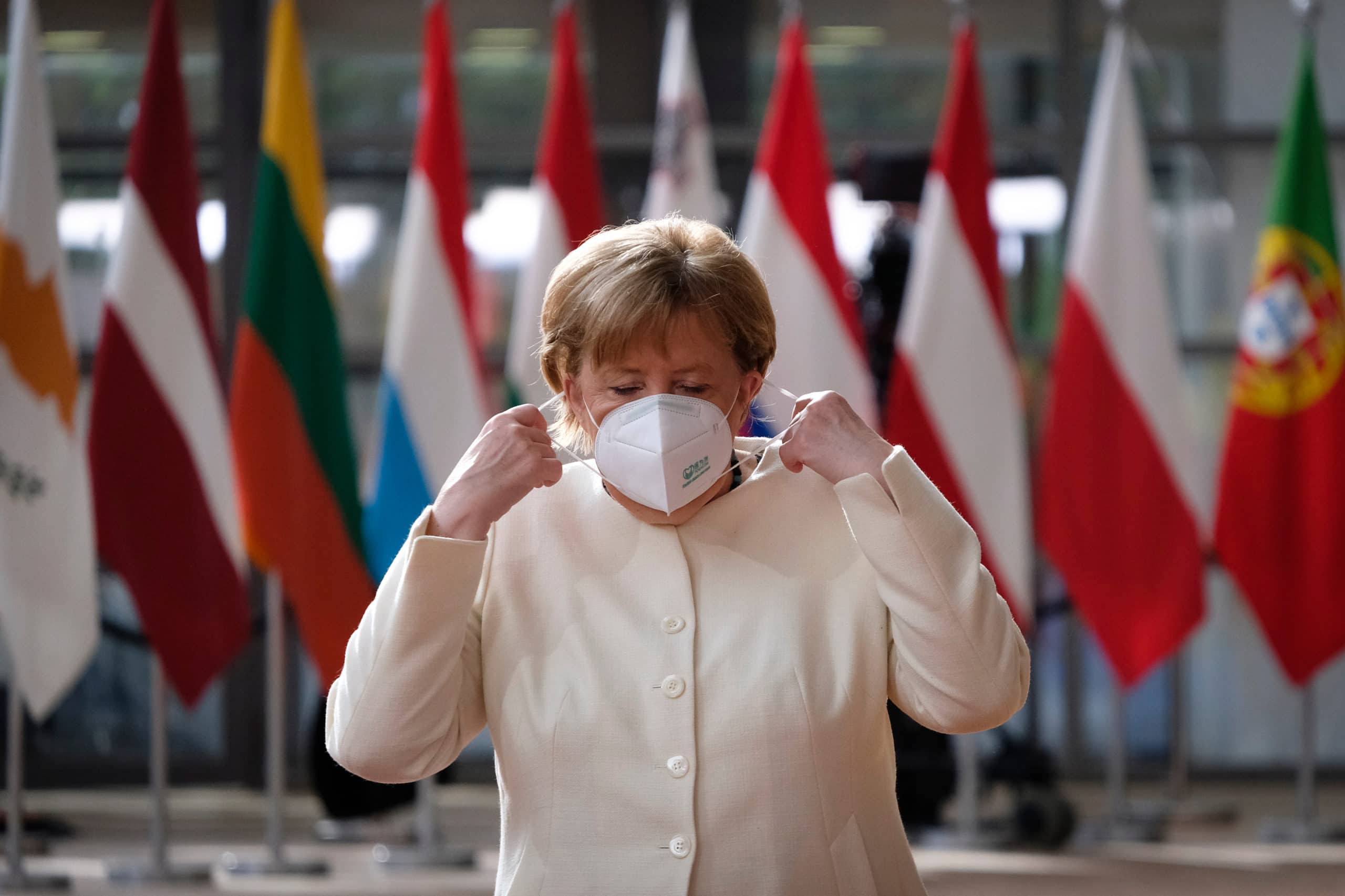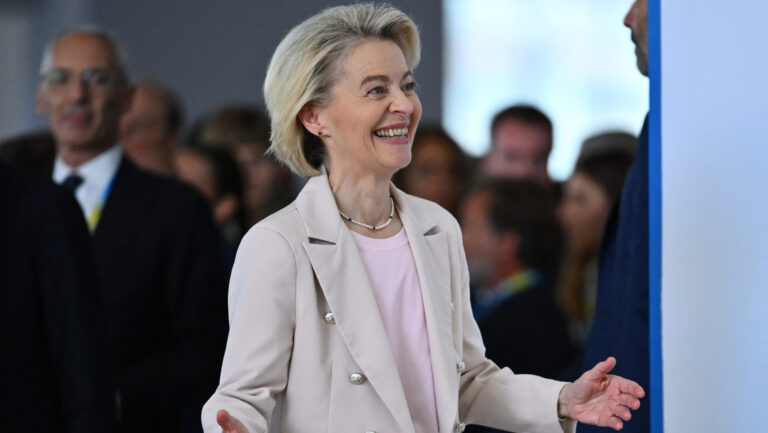Angela Merkel, after 16 years, stepped down from chancellorship, which was probably one of the most important political actions of 2021. Germany became one of the most influential countries not just within the EU but in the whole world in the past few decades. In this regard, we are going to examine the possible impacts of the German government’s change on Hungary.
The German general elections were held on 26 September 2021. Former German chancellor Angela Merkel’s era came to an end, which was predictable, but still shocking. It came as a shock not just because of the end of a quite successful, long-lasting government, but also because of the fear of the unknown; the fear of the new government’s future.
The new government is historical in many ways. One of the most important aspects is that it is a three-party coalition government. The Social Democrats, Greens and the Free Democrats will define Germany’s political direction in the following four years. But this government change is not a domestic change for Germany only, since it will also have an impact on the EU and other EU members, considering that Germany is one of the most influential countries within Europe.
What Has Changed?
The Merkel government was nor a great friend of Hungary, only the close economic ties alleviated the political, cultural and ideological differences between the two countries. As Michael O’Shea put it in his Washington Examiner article about the Hungarian-US relations, it seems the same is going to be with the Germans, namely that the diplomatic relations will be limited at best in the future.
With the words of Hungarian Prime Minister Viktor Orbán, ‘We now prepare for a battle with our eyes wide open’.[i] This does not mean a “battle in all fronts”, considering that Hungary’s imports from Germany was $27.89 billion in 2020 according to the United Nation’s database[ii], which made Germany Hungary’s biggest importer country. The exceptionally close and important economic relations between the two nations began during the Cold War era and intensified during the early Merkel era, when Hungary joined the NATO and the EU and the two nations became not just economic, but even political and security partners[iii]. These relationship areas are already at a level that makes them difficult to cross.

It seems that Hungary does not intend to terminate the economic cooperation, but Germany’s intentions are still unclear. PM Viktor Orbán stated in his welcoming letter to the new canceller, Olaf Scholz, ‘We remain committed to maintaining and developing our multifaceted cooperation’.[iv] It is clear from Orbán’s letter to Scholz that, primarily, Hungary is not preparing for friendship, but still wants to save and strengthen the economic ties between the two nations.
But the question is whether it is even possible. Angela Merkel was known from her ‘realpolitik’ decision making. She rather made decisions based on practical and pragmatic principles, than moral or ideological ones.[v] But, looking at the new German government, it is less expected of them.
Diplomatic Expectations
Hungary can expect stronger reactions from the EU in the next four years, given the sharp ideological and moral differences with Germany
As it turned out, Greens’ co-chair Annalena Baerbock will be the new Minister of Foreign Affairs in Germany. It is well known that she is one of the loudest patron of human rights and sanction diplomacy.[vi]Hungary has a long history with sanction diplomacy in the EU, so if the most influential country in the EU has a minister of foreign affairs like Annalena Baerbock then it is clear that Hungary can expect stronger reactions from the EU in the next four years, given the sharp ideological and moral differences with Germany. As the online magazine euractive writes, the outspoken minister clearly stated during the campaign that she would try to make more actions against those EU member countries who, in her view, violate the rule of law, like Hungary and Poland[vii].
As Annalena Baerbock voiced during the campaign, she promises stronger acts against Russia and China. In this case, the anti-Russian and anti-Chinese decisions could have some effects on Hungary given that Hungary has serious economic relations with both countries, so if we do not look at the indirect economic impact, then on the other hand there is a possibility of direct sanctions for trading with them. So, as we see, the new German government is not afraid to cancel even beneficial economic deals to support its political ideas.
The new government’s economic intentions are not yet clear, but it is not true of their political views. It became evident soon enough that Olaf Scholz and his ministers would support the left-wing against Viktor Orbán’s government. After Olaf Scholz met Gergely Karácsony, mayor of Budapest, and the hope of the left-wing at the time, Mr Scholz stated that the EU should support politicians like Mr Karácsony against Viktor Orbán. [viii]
The political and ideological contrast is so clearly visible between the two governments. In order for the left-wing coalition (similar to the German’s) get in power next year instead of Orbán’s government, there is a possibility that the new German government would be willing to give every possible help to the united Hungarian left-wing in the campaign. And that is an important issue for Olaf Scholz’s government because Hungary—strategically—is one of the most important countries in Central Europe.
Therefore, the nature of economic cooperation between the two countries will be really known after next year’s parliamentary elections in Hungary.
Another interesting factor is the French president, Emmanuel Macron’s meeting with the V4 in December 2021. During Macron’s visit in Budapest and the meetings with the V4, especially with Viktor Orbán, the negotiating parties discussed the issues of migration, the situation in the Western Balkans, the issue of nuclear and particular energy, the security of the EU and the future of the EU’s emissions trading system[ix]. By seeing the approach of the V4 and Macron, there is a possibility that they are trying to take advantage of Germany’s momentary political weakness resulting from the government change. Although it would be premature to make accurate findings, it seems that Hungary started to create plans, in case of the relations between the two countries would deteriorate diplomatically, which—to be honest— are not completely unimaginable.
[i] Viktor Orbán, ‘Szamizdat 14’ (miniszterelnok.hu, Dec. 2021), https://www.miniszterelnok.hu/szamizdat-14/ , accased 16. Dec. 2021.
[ii] ‘Hungary Imports from Germany’ (Trading Economics, 2021), https://tradingeconomics.com/hungary/imports/germany , accessed 16. Dec. 2021.
[iii] Dávid Nagy, ‘Hungarian-German relations in the ‘Merkel era’ (Danube Institute, 22. Sept. 2021), https://danubeinstitute.hu/hu/geopolitika/hungarian-german-relations-in-the-merkel-era , accessed 16. Dec. 2021.
[iv] MTI-Hungary Today, ‘PM Orbán to Chancellor Scholz: Hungary Committed to Cooperation with Germany’ (HUNGARY Today, 29. Dec. 2021), https://hungarytoday.hu/orban-scholz-congratulation-letter/ , accessed 16. Dec. 2021.
[v] Dávid Nagy, ‘Hungarian-German relations in the ‘Merkel era’ (Danube Institute, 22. Sept. 2021), https://danubeinstitute.hu/hu/geopolitika/hungarian-german-relations-in-the-merkel-era , accessed 16. Dec. 2021.
[vi] Levente László Greczula, Mátyás Kohán, ‘Itt jön az új, balos német kormány’ (Mandiner, 24. Nov. 2021), https://mandiner.hu/cikk/20211126_kulfold_nemetorszag_uj_kormany_lindner_baerbock_scholz_habeck , accessed 16. Dec. 2021.
[vii] Oliver Noyan, ‘Greens leader Baerbock: Extremist or progressive force for Europe?’ (Euractiv, 3. Sept. 2021), https://www.euractiv.com/section/elections/news/greens-leader-baerbock-extremist-or-progressive-force-for-europe/ , accessed 16. Dec. 2021.
[viii] Gergely Karácsony, ‘Megtiszteltetés volt hallani, hogy Olaf Scholz szóba hozta a nevemet’ (Mandiner, 26. Sept. 2021), https://mandiner.hu/cikk/20210926_karacsony_gergely_velemeny_nemet_valasztas , accessed 16. Dec. 2021.
[ix] ‘Orbán, Macron és a V4: „Alaposan, kimerítően és szenvedélyesem” tárgyaltak a jogállamiságról’ (hvg.hu, 13. Dec. 2021), https://hvg.hu/itthon/20211213_macron_orban_v4_targyalas_jogallamisag_migracio , accessed 16. Dec. 2021.








